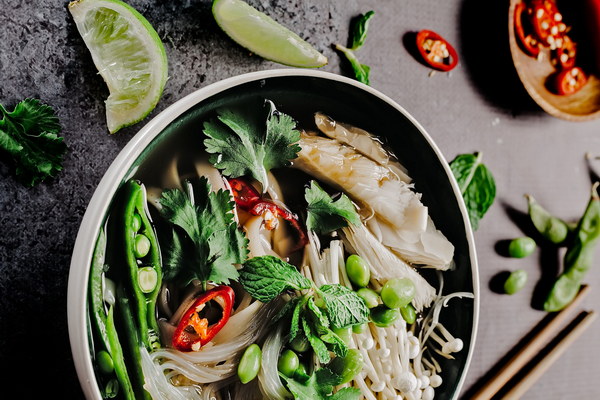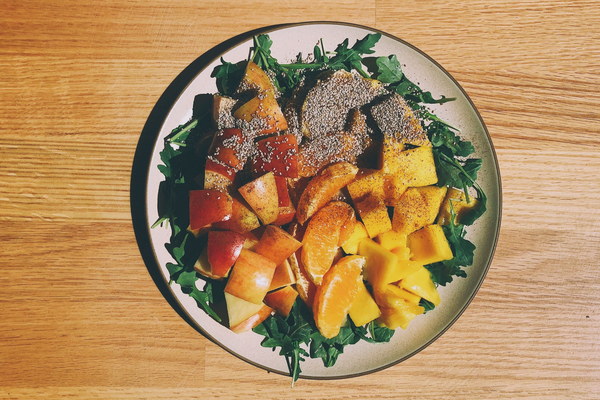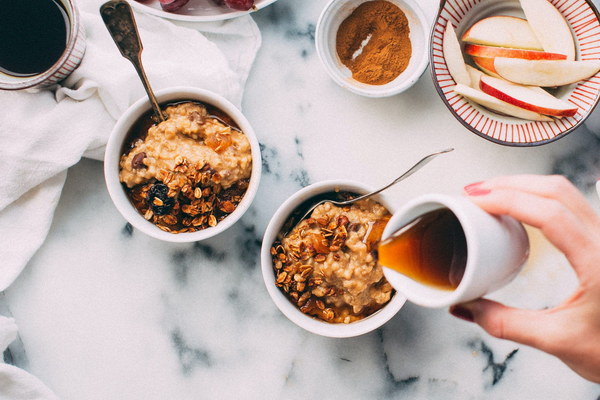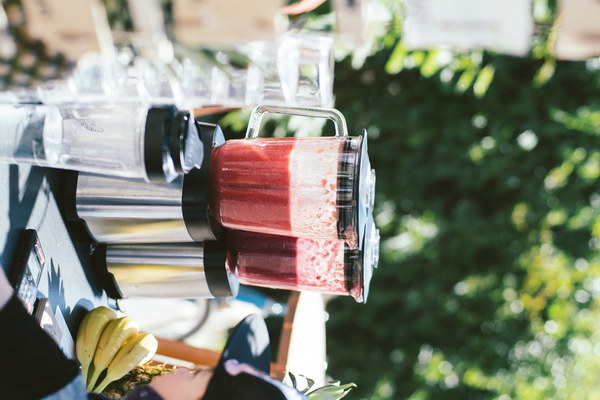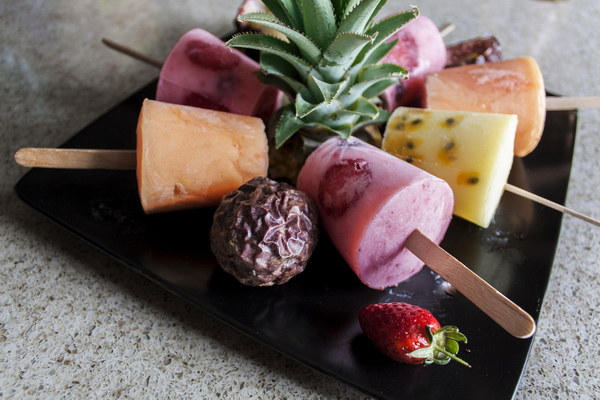Optimizing Liver Health A Guide to Hepatitis B Care During the Autumn Season
As the leaves begin to change colors and the temperature starts to drop, the arrival of autumn brings with it a new set of challenges for individuals with Hepatitis B. This viral infection can pose significant risks to liver health, making it crucial for those affected to adopt a proactive approach to protect their liver during the cooler months. In this article, we will explore essential tips and practices to optimize liver health for individuals with Hepatitis B during the autumn season.
1. Stay Hydrated
As the weather gets cooler, it's easy to become dehydrated. However, adequate hydration is essential for maintaining liver function. Drinking plenty of water helps to flush out toxins and supports the liver's natural detoxification processes. Aim for at least 8 to 10 glasses of water per day, and consider herbal teas to stay hydrated without adding additional stress to your liver.
2. Eat a Balanced Diet
A well-balanced diet is essential for overall health, and this holds true for individuals with Hepatitis B. Focus on consuming a variety of fruits, vegetables, whole grains, lean proteins, and healthy fats. Incorporate foods rich in antioxidants, such as berries, green leafy vegetables, and nuts, to support liver health. Additionally, avoid processed foods, excessive alcohol consumption, and high-sodium diets, as these can exacerbate liver inflammation.
3. Exercise Regularly
Regular physical activity is beneficial for overall health and can help manage weight, reduce stress, and improve liver function. Engage in moderate exercise, such as walking, cycling, or swimming, for at least 150 minutes per week. This can help to improve liver function and reduce the risk of developing liver-related complications.
4. Get Adequate Sleep
Sleep is crucial for maintaining a healthy liver. Lack of sleep can lead to increased stress hormones, which can exacerbate liver inflammation. Aim for 7 to 9 hours of quality sleep per night, and establish a consistent sleep routine to improve your chances of getting a good night's rest.
5. Manage Stress
Stress can have a detrimental impact on liver health, so it's essential to find effective ways to manage stress. Consider practicing relaxation techniques, such as deep breathing, meditation, or yoga, to help reduce stress levels. Additionally, engaging in hobbies, spending time with loved ones, and seeking support from others can also help to manage stress effectively.
6. Stay Up-to-Date with Vaccinations

For individuals with Hepatitis B, staying up-to-date with vaccinations is crucial for preventing the spread of the virus. Consult with your healthcare provider to ensure that you are up-to-date on all necessary vaccinations and discuss any potential risks or concerns.
7. Regular Check-ups
Regular check-ups with your healthcare provider are essential for monitoring your liver health and managing your Hepatitis B treatment. During these appointments, discuss any changes in your symptoms, medication, or lifestyle that may impact your liver function. Your healthcare provider can also offer guidance on the best practices to optimize your liver health during the autumn season.
In conclusion, maintaining liver health is essential for individuals with Hepatitis B, especially during the autumn season. By staying hydrated, eating a balanced diet, exercising regularly, getting adequate sleep, managing stress, staying up-to-date with vaccinations, and attending regular check-ups, you can take proactive steps to protect your liver and improve your overall well-being. Remember to consult with your healthcare provider for personalized advice and support throughout your journey.
